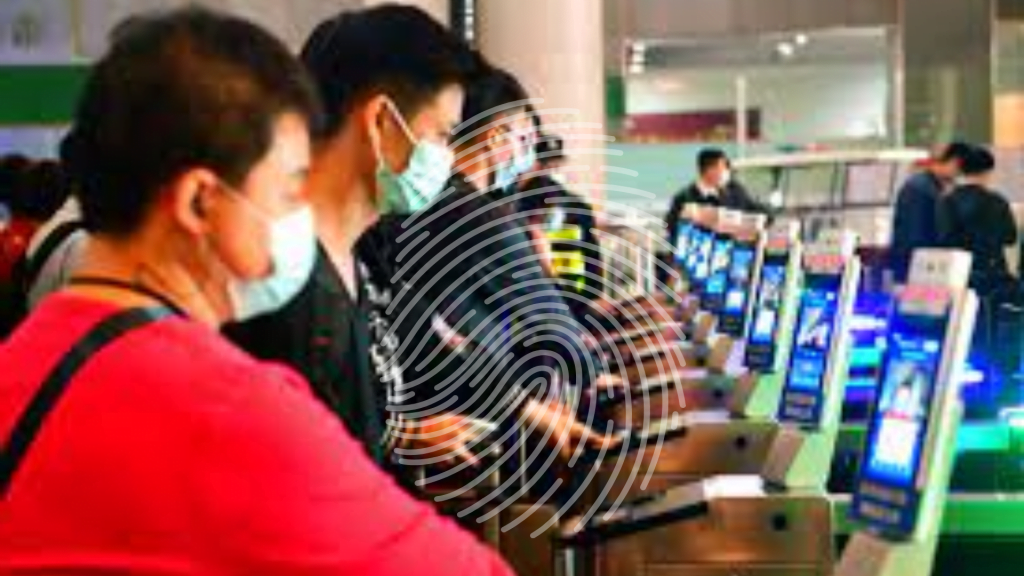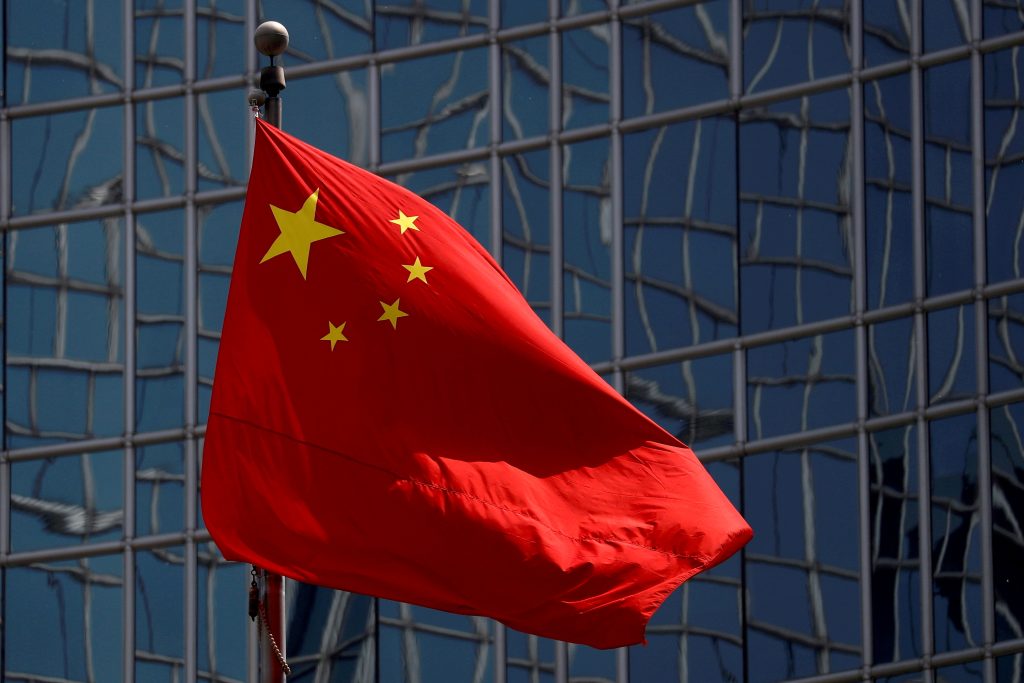China Proposes Controversial National Internet ID System
In a move that has sparked both support and criticism, China has proposed the implementation of a national internet ID system. The government states that this program is designed to safeguard internet privacy and combat fraud. Critics suggest that it might increase the governments influence over the internet.
The Current Landscape of Online Identification in China
In China websites and apps must confirm users identities by linking their phone numbers to ID numbers issued to all adults. This fragmented approach to online identification has allowed censors to track individuals across various platforms, but the proposed national internet ID system would centralize this process.

The Government’s Rationale for a National Internet ID
The Ministry of Public Security and the Cyberspace Administration of China have put forth the national internet ID system proposal, stating that it would reduce the excessive collection and retention of citizens’ personal information by internet platforms. Implementing a universal identification system, for use could potentially eliminate the requirement for real name registration, on platforms according to their argument.
According to the proposal, which is open for public comment until the end of August, the use of the national internet ID system by websites and apps would be voluntary. Critics doubt the authenticity of this called “element considering the Chinese governments track record of regulating the internet.

Concerns Over Increased Surveillance and Control
Opponents of the national internet ID system express fears that it could lead to heightened surveillance and control by the Chinese government. Rose Luqiu, a professor, in the journalism department, at Hong Kong Baptist University cautions that if such a system were implemented regulators would be able to track every footprint and online activity of individuals potentially influencing how people behave.
Some Chinese legal scholars have also raised concerns about the potential for the national internet ID system to grant the government excessive power to monitor citizens’ online activities. Lao Dongyan, a professor of law, at Tsinghua University drew parallels between the system and the health code app used by the government to monitor individuals movements during the Covid 19 crisis. In a deleted post she implied that safeguarding data is just a facade, for legitimizing societal monitoring.

The Debate on Weibo and Among Influencers
The national internet ID system proposal has become a trending topic on Weibo, with many comments echoing the regulators’ concerns about the number of apps that have access to personal information. Dr. Luqiu points out that influencers have adopted the belief that online platforms benefit from individuals personal information and do not sufficiently safeguard their privacy.
However, not all influencers are in favor of the national internet ID system. Shen Kui, a law professor at Peking University, warned in an online commentary that a centralized internet ID could make people fear using the internet, stating that the potential risks and harms of such a system are immense.

Balancing Privacy, Security, and Freedom
As the debate surrounding the national internet ID system continues, it is evident that finding a balance between privacy, security, and freedom on the internet is a complex issue. The Chinese government states that the proposal is intended to safeguard the privacy of its citizens. Critics fear it may result in heightened surveillance and control.
The public comment period for the national internet ID system proposal presents an opportunity for citizens to voice their opinions and concerns. However considering Chinas history of managing information and monitoring activities it is uncertain how influential public sentiment will be, in the ultimate decision making process.
As the world watches China’s move towards a national internet ID system, it serves as a reminder of the delicate balance between protecting personal information and maintaining individual freedoms in an increasingly digital age. The results of this suggestion could lead to consequences not for China but also, for the broader discussion, on internet privacy and governmental oversight worldwide.
